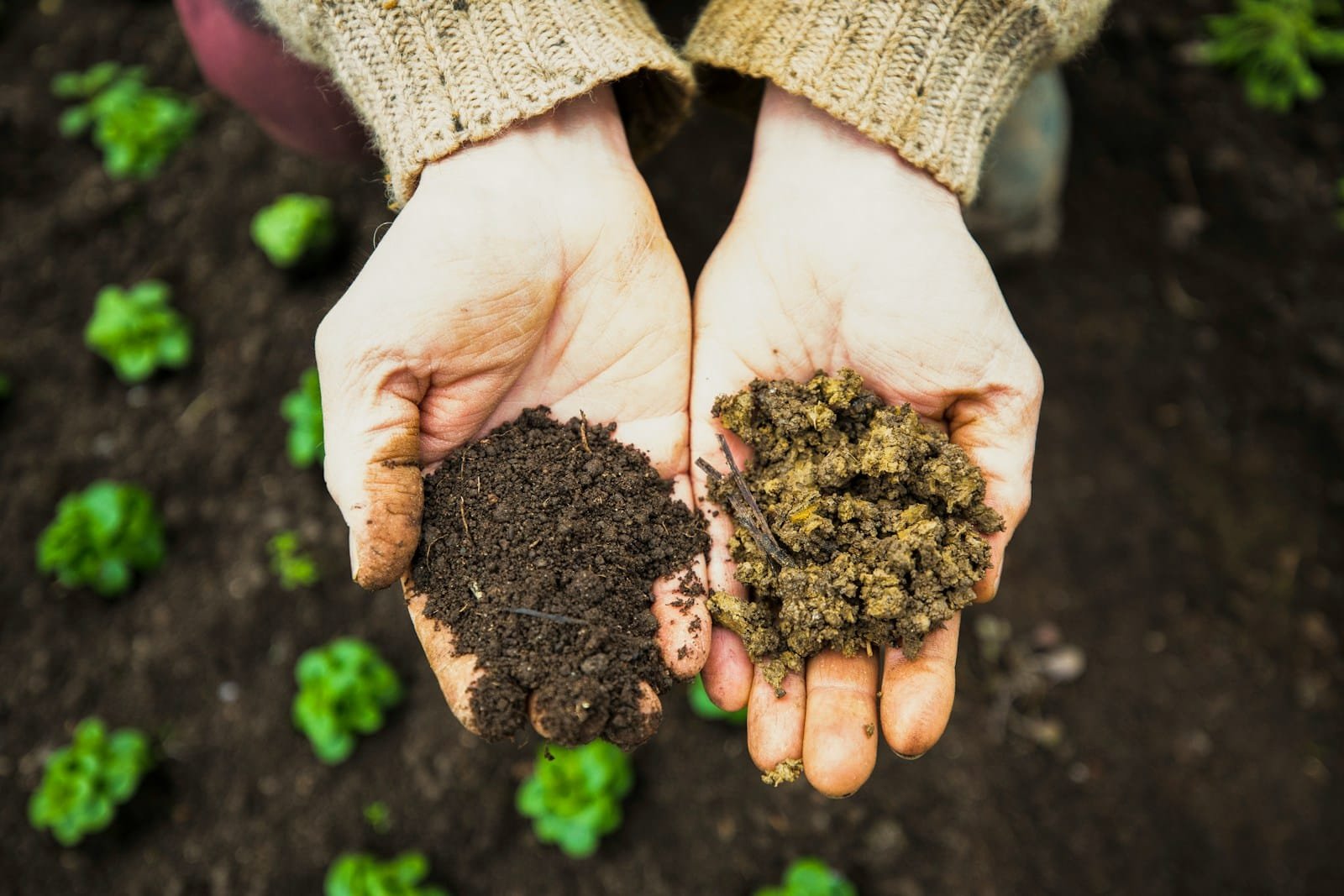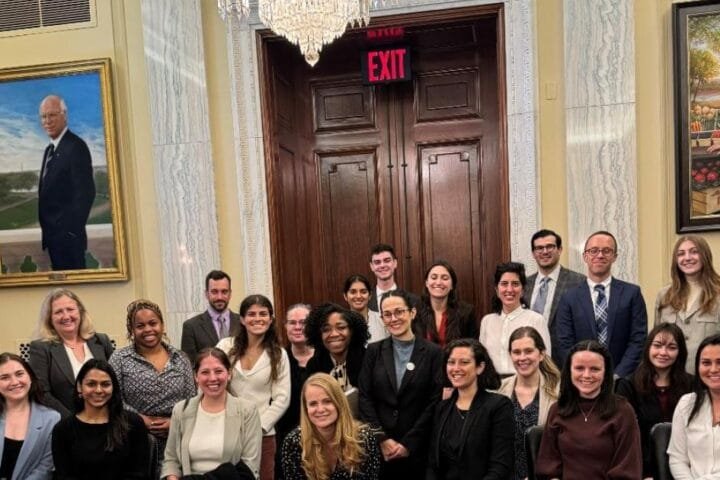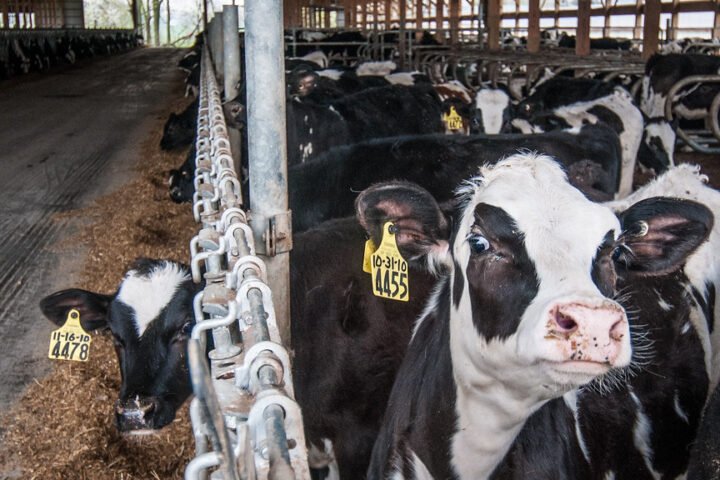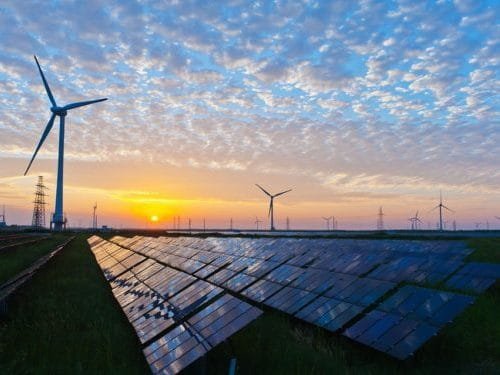Highlights
- 🌍 Major greenhouse gas emissions: Global food systems contribute approximately one-third of human-caused greenhouse gases.
- 🚜 Diversity in practices: The guide identifies 24 climate-relevant farming methods to break through agricultural jargon.
- 🌱 Agroecology approach: This practice emphasizes social equity and ecological principles while minimizing synthetic inputs.
- 🌳 Carbon farming techniques: These methods focus on sequestering carbon to mitigate climate change and improve soil health.
- 🧑🌾 Controversy over climate-smart agriculture: Critics argue some practices serve as greenwashing of traditional farming rather than delivering real sustainability.
Global food systems are responsible for around one third of planet-warming greenhouse gas emissions each year.
Agriculture is also, by far, the biggest driver of deforestation and biodiversity loss.
Producing less meat, using less synthetic fertiliser, stopping food waste and integrating nature into farms are among the ways that scientists say can reduce environmental harms from producing food.
However, some critics of these approaches note the possible trade-offs, such as lower yields compared to “conventional” forms of intensive farming.
Various terms are used to describe these more “climate-friendly” ways of farming.
Some of these practices have set definitions and are evidence-based, while others are buzzwords whose meanings vary depending on the source. Many share similar approaches.
To break through the jargon, Carbon Brief has identified 24 commonly discussed climate-relevant farming methods and key terms.
[...]
Read the full post at Carbon Brief.





